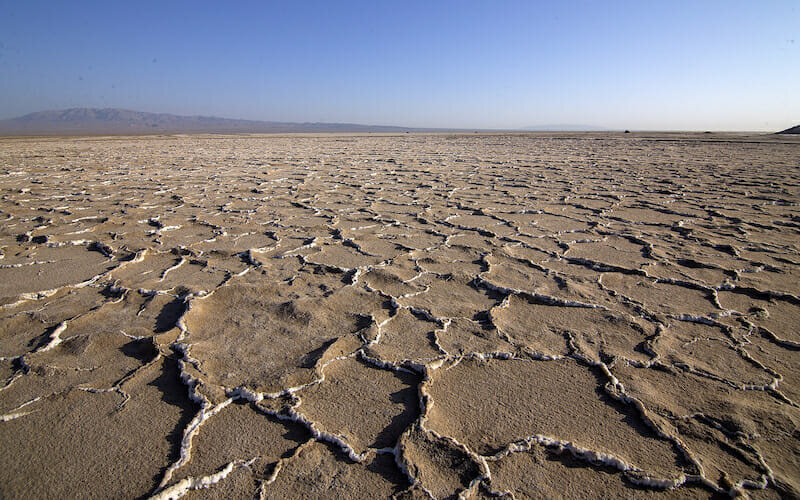UNDP supports Iran's environmental protection measures

TEHRAN – The United Nations Development Program (UNDP) strongly supports the environmental and development programs of Iran, considering the country’s previous brilliant actions, Achim Steiner, Administrator of the UNDP, has said.
He made the remarks in a meeting with Iran’s Department of Environment chief Ali Salajegheh on the sidelines of the 26th UN Climate Change Conference which is held in Glasgow, Scotland.
“We are fully aware of the environmental issues raised in Iran. Given the country’s brilliant track record in dealing with environmental issues, UNDP certainly will support to help make a cleaner world,” he stated.
Regarding the lifting of sanctions, Steiner added that "We will do our best to solve the problems that have arisen in the international arena caused by U.S. sanctions in order to pace up the development and progress of the environmental projects."
Pointing to the sand and dust storms phenomena, he said that this is a problem that all countries need to think about and must work together to address it.
Salajegheh for his part expressed hope that cooperation will develop, especially in cases where we have not been able to use international facilities in the field of the environment due to sanctions.
The Global Environment Facility (GEF) has not been able to provide us with significant facilities, so we expect the United Nations Development Program to assist in this area, he further noted.
It is expected that more environmental projects will be entrusted to Iran, considering the potential capacities, he added.
As the second-largest country of the Eastern Mediterranean Region, Iran is highly vulnerable to the effects of climate change. Due to the special climatic conditions of Iran, drought, sand, and dust storms have created major problems, which are mainly caused by dam construction in external hotspots, he explained, adding, one of the programs on the agenda is the use of clean energy.
During the COP26, Salajegheh said that Iran is committed to obligations of the Paris Agreement if all sanctions against the country are lifted.
“We are obliged to reduce greenhouse gas emission by four percent only if all sanctions against the country are lifted.”
As the second-largest country of the Eastern Mediterranean Region, Iran is highly vulnerable to the effects of climate change as it is geographically located in an arid and semi-arid region having faced temperature increases, a decline in precipitation, drought, desertification, soil erosion, and loss of biodiversity over the recent years.
Unfair and unilateral sanctions imposed by the United States have hindered the Global Environment Facility (GEF) to finance environmental projects in Iran.
Climate change impact
Increasing consumption of fossil fuels by humans, especially after the Industrial Revolution, has led to an increase in greenhouse gas emissions and ultimately climate change, and now tackling this phenomenon has become one of the most important concerns worldwide.
Climate change is one of the most important problems in Iran that can exacerbate drought and water stress, so it is necessary to make serious plans at the national level to address the phenomena.
Based on research and assessments conducted by Action for Climate Empowerment (ACE) adopted by the United Nations Framework Convention on Climate Change (UNFCCC) and using scenarios proposed by the Intergovernmental Panel on Climate Change (IPCC), if the concentration of carbon dioxide doubles by 2100, Iran's average temperature will increase by 1.5 to 4.5 degrees Celsius.
Temperature change, sea-level rise, coastal degradation, destruction of agricultural and food products, deforestation, depletion of freshwater resources, regional climate change in the high and northern hemispheres, changes in rainfall and wind direction, rising natural disasters such as tornadoes and floods, intensifying droughts and developing desert areas, increasing air pollution due to rising hot winds and the potential impact on the spread of diseases such as malaria are some of the known consequences of climate change.
According to scientists, global warming due to climate change is one of the biggest challenges of the 21st century.
FB/MG
